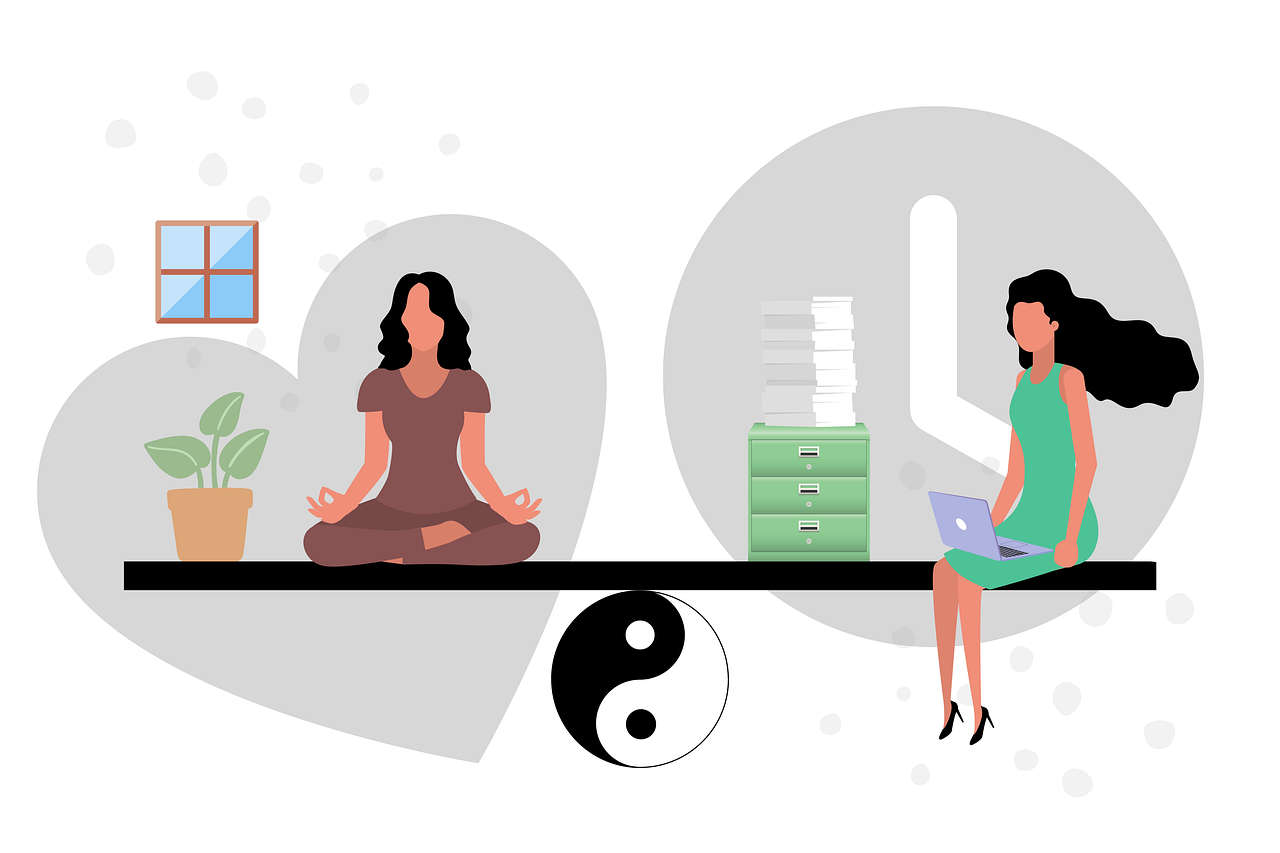What Does “Quality of Life” Mean to You?

Wow, that’s quite a philosophical question, no? It’s also one of those questions that has no right or wrong answer…you know, one of those opinion questions and opinions are like noses, everybody’s got one. Obviously, if you ask different people this question, you’ll get different answers, especially if you ask diverse people of varying ages, races, income levels, religions, and/or genders.
Imagine asking this question of a female white first grader from a wealthy family attending an exclusive private school as opposed to a middle-aged Hispanic male from a working-class background doing his best to raise two kids. The answer to this question will also change over time. My college self would have answered this question something like this, “My quality of life would greatly improve if I had an endless supply of free weed, beer and women.” While the current version of myself would say, “Good health, financial stability and happiness for me and my family is how I would define quality of life.”
As I always do with these types of questions, let’s turn to the dictionary to define “quality of life.” The good book defines it this way, “The standard of health, comfort and happiness by an individual or group.” As evidenced by my two answers above, health was of little concern to my college-self, while I felt my happiness and comfort was dependent upon weed, beer and women and little else.
Now, my 56-year-old self requires good health as a prerequisite for a good quality of life and has left happiness as intentionally non-specific and amorphous. I now realize that what makes me happy continually changes as I move through life and I assume that’s the case for everyone, if they truly put some serious thought into answering this question.
Speaking of that, I think it’s important to not only give this question serious thought, but to also sit down and write out your response. I believe it helps us prioritize what’s important to us at a specific point in time. I would imagine that “good health” is quite important to anyone’s quality of life over the age of 35 or so.
But what are we willing to do to achieve and maintain “good health?” It’s one thing to say it’s important, it’s another to do what’s necessary to achieve it. Unless you’re Mick Jagger or Keith Richards, good health doesn’t just magically happen. Diet, exercise and regular health checkups are key factors when considering how to achieve and maintain good health.
Now, on to the happiness and comfort components of the definition. To me, the two are synonymous. I’ll return to myself as the example, since I know it so well. Sure, my 56-year-old self would still love free beer and weed (women left the equation after I got married, of course) but my happiness now depends on more, let’s say, less superficial things like financial stability (not necessarily wealth) and the fact that my happiness is now contingent upon the happiness, comfort and safety of my family.
This “quality of life” thing is truly a personal question that will have some general commonalities (health, wealth in some shape or form and safety) with a myriad of different specifics depending upon the individual and where they are on life’s journey.
We rarely are forced to think deeply any longer, thanks largely to technology (that’s a different topic for a different post), but I think it’s a necessary thing to do every so often. So, if you’re still reading, why not take some time (more than a few minutes) to contemplate this question and to writing down your thoughts. Who knows? You might surprise yourself with how you respond.
You must be logged in to post a comment.